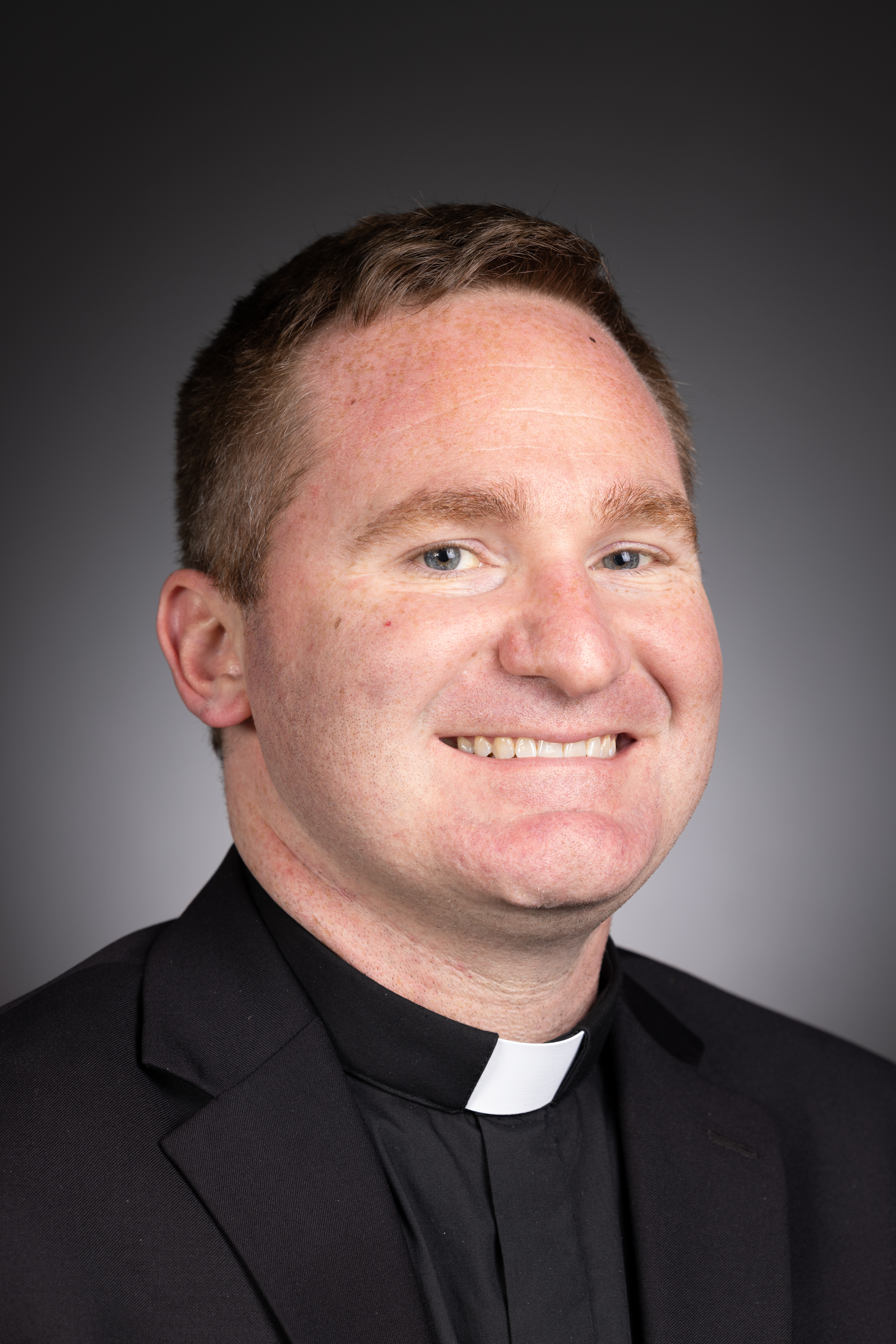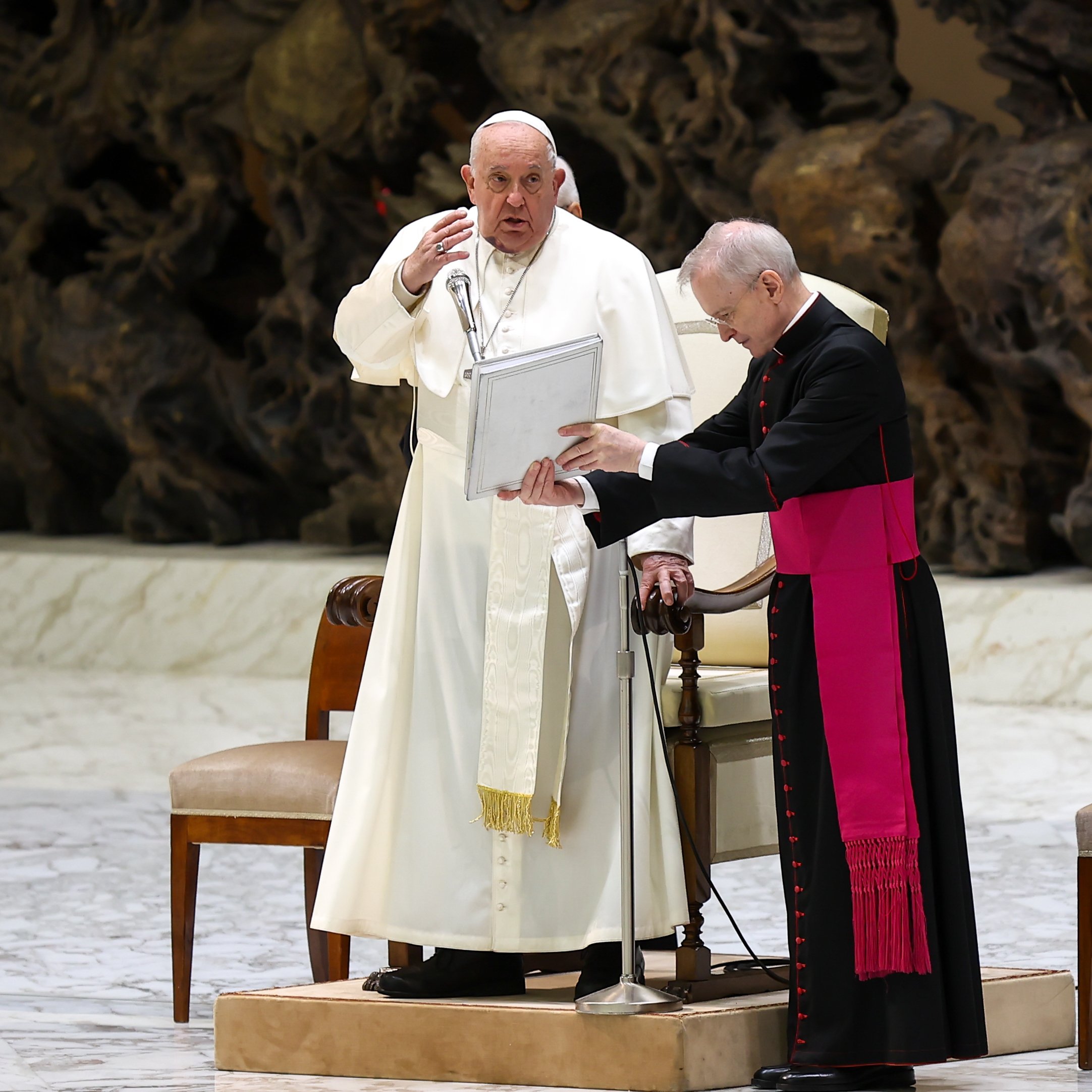DEAR FATHER | Through our prayer, do we give God a chance to speak to us?
What is mental prayer, and how do we do it?

We say our prayers, but how often do we give God a chance to speak to us? We may think this is just for monks or nuns or really holy people, but mental prayer is for all of us.
First, some basics. The Catechism of the Catholic Church teaches us three expressions of prayer: vocal, meditative and contemplative (CCC, 2699). Vocal prayer captures the Our Fathers and Hail Marys, the petitions and litanies we say. Think of our participation at Mass in the responses and songs: We’re sharing in the words given to us by God and giving praise to Him.
But let’s not leave our relationship with God one-sided. What is God trying to say to us? What might His Word mean when it’s applied to our daily lives? This is the second form of prayer: meditation.
The Catechism explains that meditating “on what we read helps us to make it our own by confronting it with ourselves. Here another book is opened: the book of life” (CCC, 2706). This is a rich gift God has given us, to “mediate” between what we learn and how the Lord wants us to live it out.
A caution I share with people: Don’t let mental prayer become a book report you would turn in for school. It might be easy to think, “Well the Prodigal Son is all of us, and the Father is God the Father, welcoming us home.” But how does Luke 15 relate specifically to you? How have you “come to your senses?” How has the Father forgiven and restored you to grace? What banquet has He thrown for you and your friends? Prayer becomes much more fruitful when it becomes personal.
You know how some people go to Busch Stadium but never really watch the baseball game? It’s easy to be distracted by the noises and Fredbird. Deeper forms of prayer are invitations to not only enter the ballpark but to become a part of the action. Jesus calls us His friends. He didn’t mean for us to sit in the bleachers, unaware of what’s happening.
The deepest form of prayer is known as contemplation. St. Teresa of Avila shares that contemplation “is nothing else than a close sharing between friends; it means taking time frequently to be alone with Him who we know loves us.” It’s a beautiful resting, with no agenda or purpose other than to be with the Lord: Father, Son and Spirit.
It usually takes me several minutes to let the waters settle when I’m praying. I share my joys and struggles with Jesus, ask His advice on what I should do or say and thank Him for our time together. The best times are when I simply rest with the Lord and allow Him to speak to me in the stillness of my heart.
Practicing contemplation is like learning a new language: the language of love. In silence, we allow the Lord to lead. “This focus on Jesus is a renunciation of self” (CCC, 2715). This time helps us to be aware of what needs to change and of what’s happening within us. It spurs us on in an “obedience of faith, the unconditional acceptance of a servant, and the loving commitment of a child” (CCC, 2716). While this purifying isn’t easy, once we’ve experienced the profound beauty of this intimacy with God, our heart desires it all the more. Or as St. Peter cried, “Master, to whom shall we go? You have the words of eternal life” (John 6:68).
So, try it. Let your vocal prayer be a springboard into meditation and contemplation, the forms of mental prayer. Allow the discipline to become a gift, an experience of God’s great love for you.






